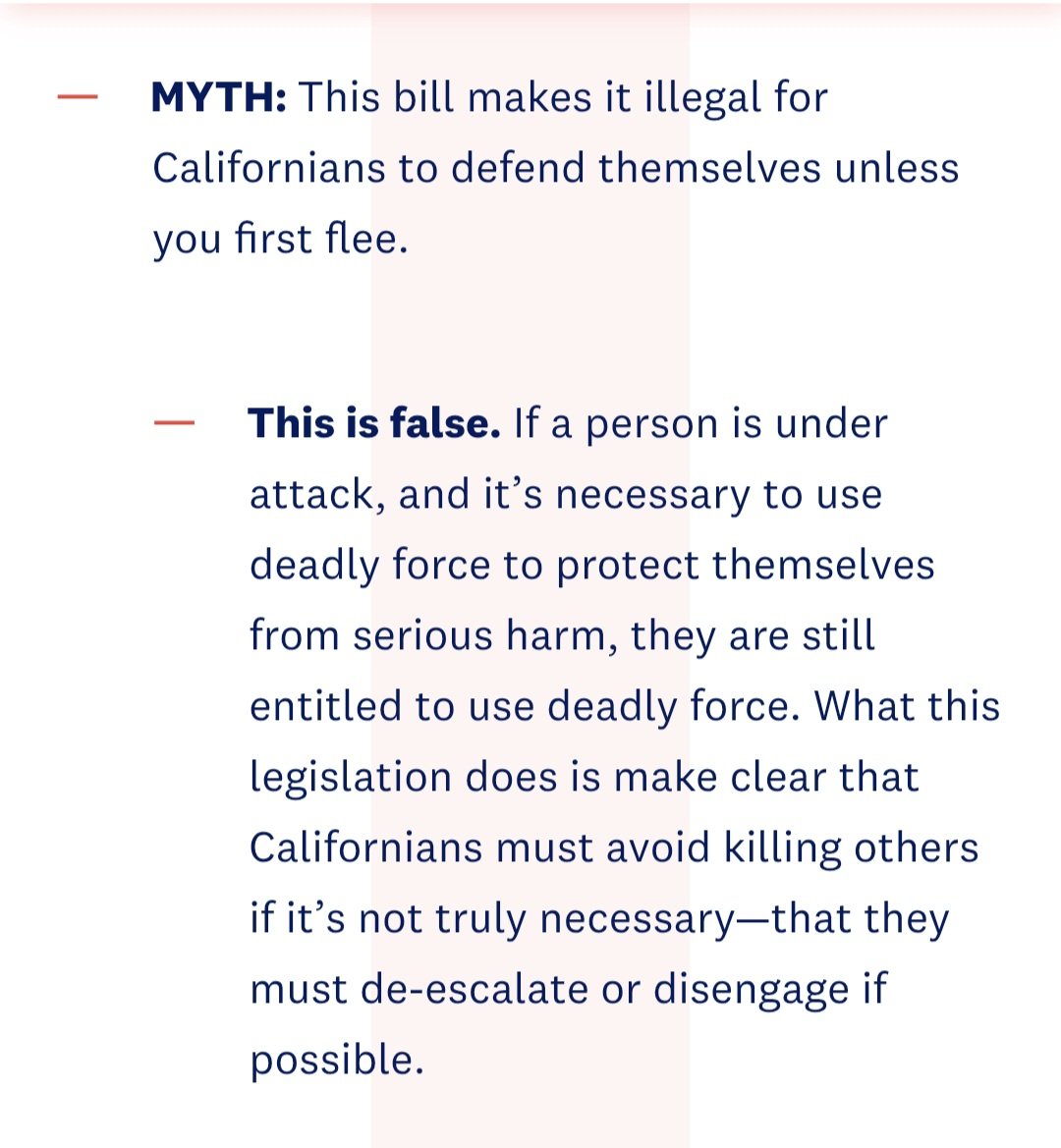MSNBC Panel: Democrats Really FUBAR’d the Moment, Huh?
Ya think?
Give credit to Symone Sanders and Michael Steele for being honest about Democrats’ abject strategic and tactical failures last night. But also consider the fact that they had little choice in the matter, after watching Democrats as a body soil the sheets on national TV.
“Republicans were not coming to play,” Steele noted, as though anything about Donald Trump’s triumphant return after four years of Democrat lawfare suggested anything different. Not to mention that the Democrats had spent the better part of two days leaking plans to organize disruptions to Trump’s speech to Congress, which at one point included noisemakers as well as “bingo signs,” which were every bit as stupid as Sanders and Steele describe. (Wait until the meme-makers get done with them. Those won’t be back.)
But none of the panel truly gets what went wrong for Democrats last night:
Put aside the complaint that Al Green was somehow treated unfairly or differently than Lauren Boebert or Marjorie Taylor Greene. (Take that complaint to Nancy Pelosi, who sat through last night’s speech looking utterly defeated.) Republicans knew better than to stage an organized food fight at a State of the Union or quasi-SOTU event. Why? Because presidents have the tactical and strategic advantage, especially when his party controls Congress.
James Carville used the analogy of Pickett’s Charge recently. For those who haven’t studied Gettysburg, Pickett’s Charge lost Robert E. Lee the battle and the war by ordering an infantry charge on the center of a fortified Union line across nearly a mile of open ground, on the military basis of We’re right and they’re not. Pickett’s forces — some of them — actually made it to the line, but his command was destroyed, and Lee was forced to retreat from then until Appomattox.
That’s exactly what happened last night, and it’s even more inexplicable than Lee’s decision at Gettysburg. The American people rejected Democrats and chose Trump despite four or even nine straight years of exactly this kind of attack on him. Trump triumphed over the ankle-biting as well as the lawfare, and despite the character assassinations Democrats have staged on Trump and his supporters. The last place to use those same strategies and tactics is in a place where Trump easily commands the high ground — cameras, the microphone, and the attention — especially since it has been blindingly clear that he loves doing battle.
Steele suggested that Democrats shouldn’t have shown up at all. That would have been a bad choice too; it would have made them look like absconders rather than responsible legislators, only willing to participate in civic duties when they’re in charge. It still would have been a better choice than what unfolded last night. To answer McCaskill’s question more fully, they should have sat quietly, gotten it over with, and afterward started listening more than talking. Instead, they sounded like unruly radicals, and acted like fools.
If they would stop emoting and start listening, they might understand why a new CBS poll shows that three out of every four viewers approved of Trump’s speech, even though only 51% of the viewers identified as Republicans. It’s because Trump used the speech to position himself on the 80% side of the 80/20 issues Americans care most about:
– 77% support his plan to cut government waste and spending
– 77% back his immigration and border policies
– 76% approve of Trump’s speech
– 76% approve of removing congressmen who interrupted his speech
– 74% say his speech was presidential
– 73% support his stance on Russia and Ukraine
– 68% say it made them feel hopeful and proud
– 68% say he has a clear plan to tackle inflation
– 68% say he accurately described America’s crime crisis
– 63% say he focused on issues they care about
In other words, Trump set a trap for Democrats who couldn’t have telegraphed their foolish strategy and tactics more loudly than if they’d exhumed Samuel Morse himself to do it. And Democrat leadership — not the Boeberts and the MTGs, but party leadership — led them on a Pickett’s Charge right into it, with crazy Al Green waving his walking stick to lead the charge.
Now Democrats look like a party that can’t even break free of their toxic Trump derangement long enough to stand for a child suffering from brain cancer, or a young man whose dream of serving his country through West Point has come true. Democrats are utterly lost because they stand for nothing except raw power to benefit themselves, and only themselves. And without any other real purpose, the only strategy that they can see is to stupidly charge at all times under the military doctrine of We’re right and they’re not.
Maybe they should learn from history rather than trying to edit it.





